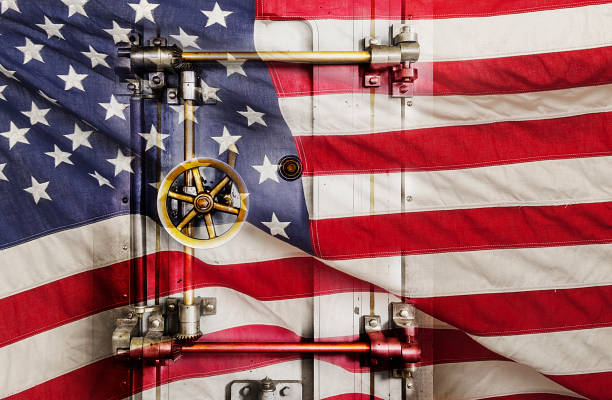By: Sahra Mohamed
The termination of the EB-5 Immigrant Investor Program on February 25th, 2025 by President Donald Trump, has left thousands of approved applicants uncertain about their futures. The program required applicants to invest at least $1.8 million (or $900,000 in targeted employment areas) into U.S. businesses, with the expectation that it would create at least 10 full-time jobs for U.S. workers, as listed on USCIS. Many applicants had already met these requirements and passed health and security checks, expecting to gain legal residency. The unexpected termination of their EB visa disrupted their plans, preventing them from immigrating to the U.S. and leaving them stuck in a place where they are settling, unable to return to their home country due to political or personal risks. As a result, many are considering other immigration options, with Canada becoming a popular choice despite its own delays. This abrupt change has left numerous people stranded, searching for new ways to continue their immigration journey with fewer options.
Simultaneously, the Trump administration has increased deportation efforts, focusing on people it considers national security risks, including student activists and protesters. The case of Mahmoud Khalil, a Palestinian activist and a Columbia University Graduate, has become a key example of this situation. Khalil was arrested at his university-owned apartment in Manhattan by U.S. Immigration and Customs Enforcement (ICE) agents on March 8, 2025. His green card was immediately revoked by the Trump administration. The Department of Homeland Security accused Khalil of leading activities linked to Hamas, but without providing any evidence. According to Reuters, no formal charges have been filed against him. On March 10, 2025, U.S. District Judge Jesse M. Furman issued an order temporarily blocking his deportation. As of March 12, Khalil remains in an ICE detention facility in Louisiana. Khalil’s detention has raised serious human rights concerns, including issues of political freedom, freedom of speech, and due process. His case has sparked controversy and legal challenges, with claims that the government is retaliating against him for his activism. Civil rights organizations argue that his arrest infringes upon First Amendment rights, as his activism should be protected under free speech.
Democrats, including Alexandria Ocasio-Cortez, have publicly condemned Khalil’s arrest, calling it an abuse of immigration enforcement to suppress free speech. Fourteen of them sent a letter to Homeland Security Secretary Kristi Noem, demanding Khalil’s immediate release. The letter stated, “We are horrified by the recent illegal abduction and indefinite detention of Mahmoud Khalil, a U.S. legal permanent resident, by Department of Homeland Security (DHS) agents.” The situation highlights ongoing debates over civil rights and the balance between national security and individual freedoms under the current administration. Changes in U.S. immigration policy are affecting Canada, with more asylum applications and inquiries about investment-based immigration. Canada’s immigration system is facing pressure, which may lead to longer processing times. The rise in applicants, due to stricter U.S. policies, will possibily require adjustments to policies and more support for immigration services in Canada.



Leave a Reply